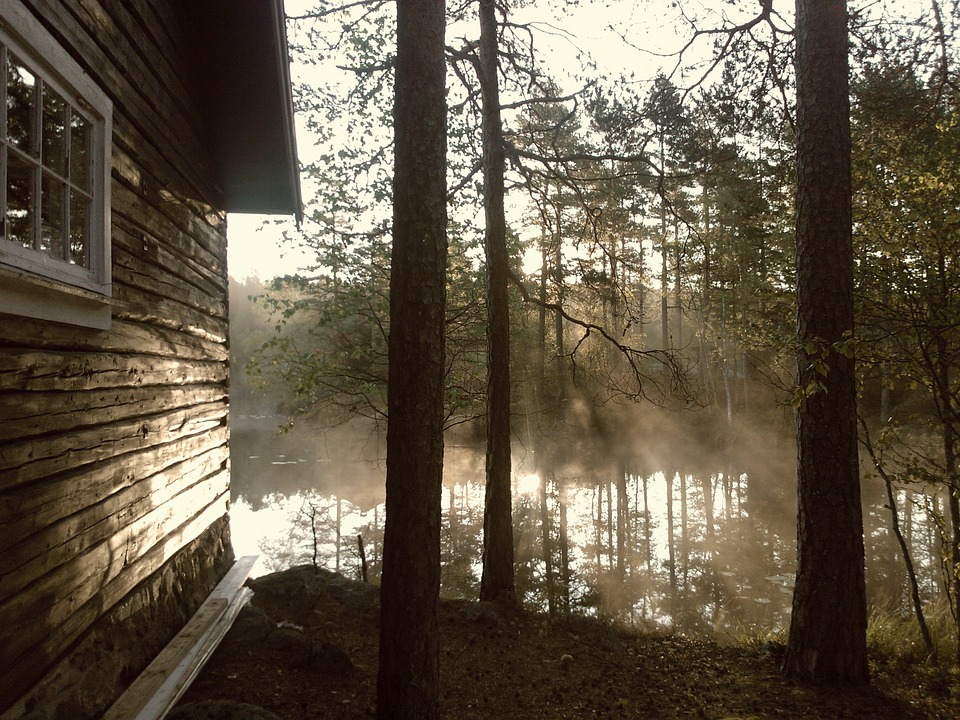Degrees of Separation
Rebecca Spears
 “Take a walk with a turtle. And behold the world in pause.”
— Bruce Feiler
“Take a walk with a turtle. And behold the world in pause.”
— Bruce Feiler
I’m leaving soon, leaving the Houston metropolis and all of my artistic and creative friends, to say nothing of my adult children and their families, my church family, and my students. Finally. I love them all. I love the life that I’ve made here, but I am moving to my small cabin in the country. I’ve been planning this change for several years.
Sounds crazy, yes? Yet I won’t be so far away that I am unreachable. In another time and place, moving away usually meant a permanent good-bye to the life one knew. Maybe I am a little world-weary, though this move is more about being able to live a good life in a small community.
Still, world-weariness, or weltschmerz, has been on my mind for a while. A month ago, I read Casey Walker’s debut novel, Last Days in Shanghai, about a young Congressional staffer Luke Slade who truly exemplifies what it is to be world-weary. The novel demonstrates why some people decide to pause, reexamine their old lives, and begin anew.
Luke Slade accompanies his boss, “Lyin’ Leo” Fillmore, on a weeklong trip to China to check on a joint real estate venture. Leo is, of course, so corrupt that Luke almost can’t help but become involved in corruption by accepting bribes on Leo’s behalf. This leads Luke to question his motives and the work he has chosen to do. Is he really willing to promote himself and his career at any cost? The central characters in this novel are compelled to consider the moral and ethical dimensions of their lives, and Walker manages to let the characters do that without seeming “moralistic.”
Midpoint in the novel, Li-Li, a young Chinese woman and Slade’s counterpart, tells Luke her dreams to leave the corrupt business life. Then we see hints of Luke’s own awakening in his response to Li-Li: “Go build yourself a hut on the most beautiful mountainside. Contemplate the stream water and the fog and light as morning wanes to afternoon and never for any reason let a person talk you back down to this world.”
Yes, he is also talking about himself. Some pages later, he declares, “A thousand years ago, a holy man, the wild Bodhidharma, who must have felt overwhelmed by the circumstances of his world as I now did mine, climbed up Mount Song and sat in a cave for nine years meditating. What puzzles me is that he eventually got up and left—that after nine years of contemplation, something became clear enough that he could get to his feet and venture back outside.”
Luke will have to leave his job—that becomes clear. He’ll need to withdraw from his corrupt business life long enough to find a new direction. That, I think, is one beauties of the novel. Having taken part in corruption, several characters have the courage to pause or retreat, and to redirect their moral and spiritual lives.
In our own lives, there are degrees of separation, aren’t there, and for differing reasons—but often those separations are in order to reevaluate and redefine ourselves and the lives we want to live. Less extreme, we opt for a retreat or a quiet hour in a church service.
There’s a church in Houston called Ecclesia. I got curious about its name recently, so I looked it up. I learned that it means not merely “assembly”; it also means “called out” or “called apart.” It strikes me that when we go into a place to worship or meditate, we are setting aside time to be separate and apart, to remember how we want to live and why. These small offices are a tonic against world-weariness.